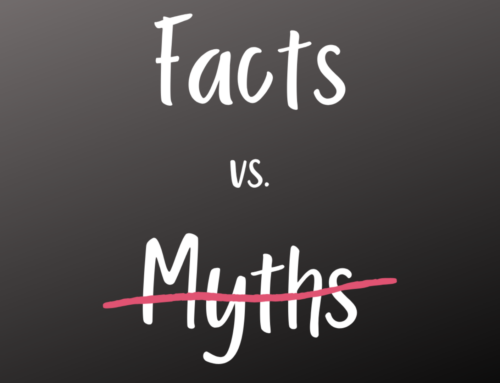I recently gave a talk called “Revive Your Resume” to a room of attorneys. As I arrived, I looked around at everyone’s high-end clothes and poise and felt a heavy case of imposter syndrome coming on, the sense that I didn’t belong. I had to remind myself that I had just been named as one of the 8 Best Legal Resume Services for Attorneys (2022) and that even though I’m not a lawyer, I AM an expert at resume writing and others have noticed. That’s a fact. It helps remind me that I love my job, don’t follow rules very well, and apparently I wasn’t born to have a boss. Also facts.
What I did was simply remind myself of what is true. During networking, I led with my recent recognition and found myself on steadier ground.
Chances are, if you’re a professional engaging in a job search, you’re among the majority who can relate to imposter syndrome at some point in your career. Combating the effects of this phenomenon takes time and perhaps even working with a therapist. However, while you’re in the middle of a job hunt, you don’t generally have time to completely repair your self-confidence before you need to start applying and writing cover letters. So, here are some tips to help in the meantime:
Common Wisdom Says “Fake It ‘Til You Make It.” Wrong!
This just perpetuates the problem. Instead, take stock of what you’ve already done and realize you have already “made it.” No change necessary. Just a new way of seeing yourself.
Here’s an example: Last week, I had a client who wanted to target startups but had no startup experience. Wrong! Turns out that she led the full rebranding of her company after it was spun out to become a standalone entity (out of a Global 1000 company). That sounds pretty much like a startup to me (to her, too). In her case, she just needed an outsider to help her realize her accomplishment in that area.
Some More Advice to Ignore: “Talk About Your Feelings.”
Forget talking. If you’re looking for a job, there isn’t enough time to transform your feelings or emotions in a meaningful way while under the intense pressure of a job search.
Focus on the Facts of Your Career and Leave Out the BS
When you’re sending your resume to a recruiter or hiring manager, they want to see what you’ve done and how you’ve helped the companies you’ve worked with achieve their goals. They want to see how you’ve helped the bottom line. Tell them those things. What’s important is that you don’t let imposter syndrome cause you to leave off (or, worse, not remember) your accomplishments. If you can’t think of anything, ask the people around you at home (and perhaps some trusted colleagues at work) to help you remember, and make notes so you can pull them out during your interview.
Check the Emotions at the Door, and All the Rest Will Follow.
When I have honest conversations with other professionals, I’m reminded that the majority of high-achieving professionals struggle with imposter syndrome. It’s not false humility, it’s a real phenomenon, and I hear it again and again in interviews with clients.
Sometimes you do need someone outside of yourself to help you remember what you’ve done, the changes you’ve helped make, and how far you’ve come. If you need help getting past imposter syndrome and reframing your thoughts in order to get a headstart on a job search, we are here to help with an in-depth interview to really get to know you.
Wait, How Do You Spell Imposter? Shouldn’t It Be Impostor?
As I was writing this post, ironically, I had my own feelings of imposter syndrome crop up again when I realized that the more correct spelling is apparently impostor, according to several articles and anyone who plays Among Us. My self-doubt kicked in at full speed. I was immediately saying to myself “How did you not know that?! And you call yourself a resume writer? Maybe you don’t really know what you’re doing.” It happens so fast. In my research, though, I learned that if you’re reading professional/scientific papers or live in a region that prefers British English spelling, you are more likely to use or see “impostor phenomenon” or “impostor syndrome.” The “imposter syndrome” version brings about 5-7 times as many hits when I’m browsing from a USA-based location, so I decided to accept that usage differs and just keep it consistent. Both can be correct and have been used for centuries–I just needed some validation…which I then gave to myself. I calmed down, reminded myself of the facts – MY CLIENTS GET JOBS – and all was right again.












